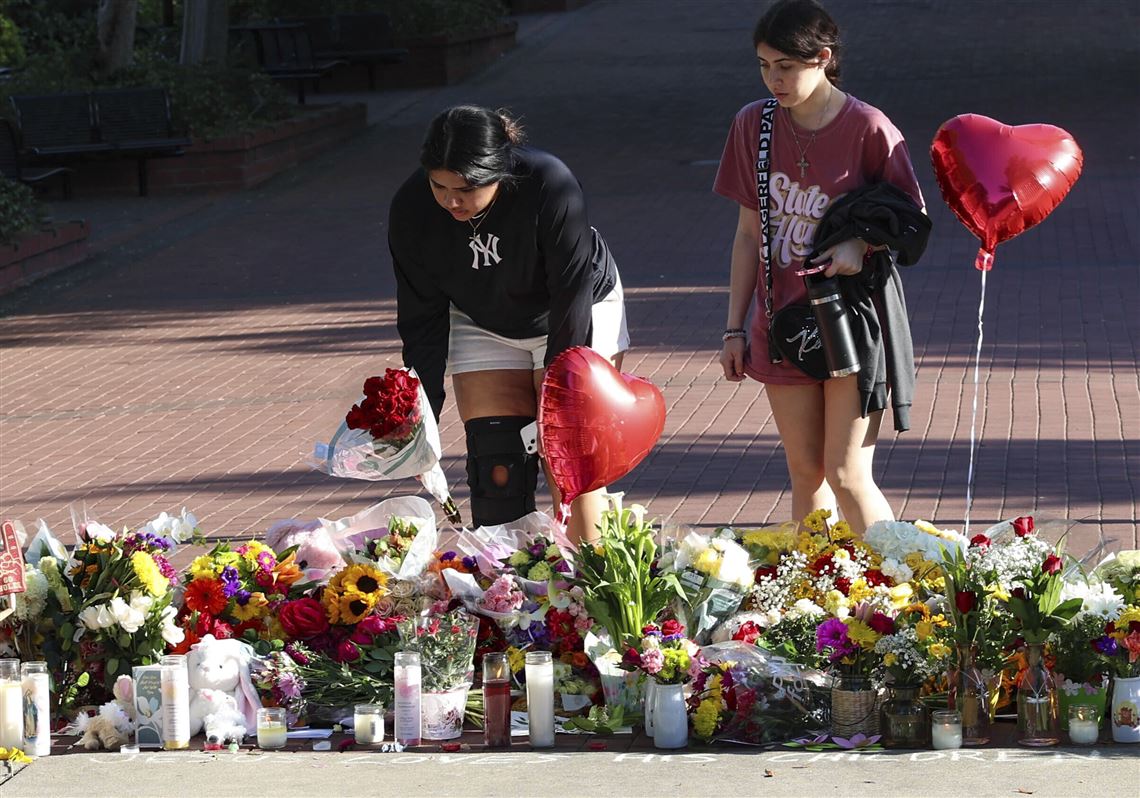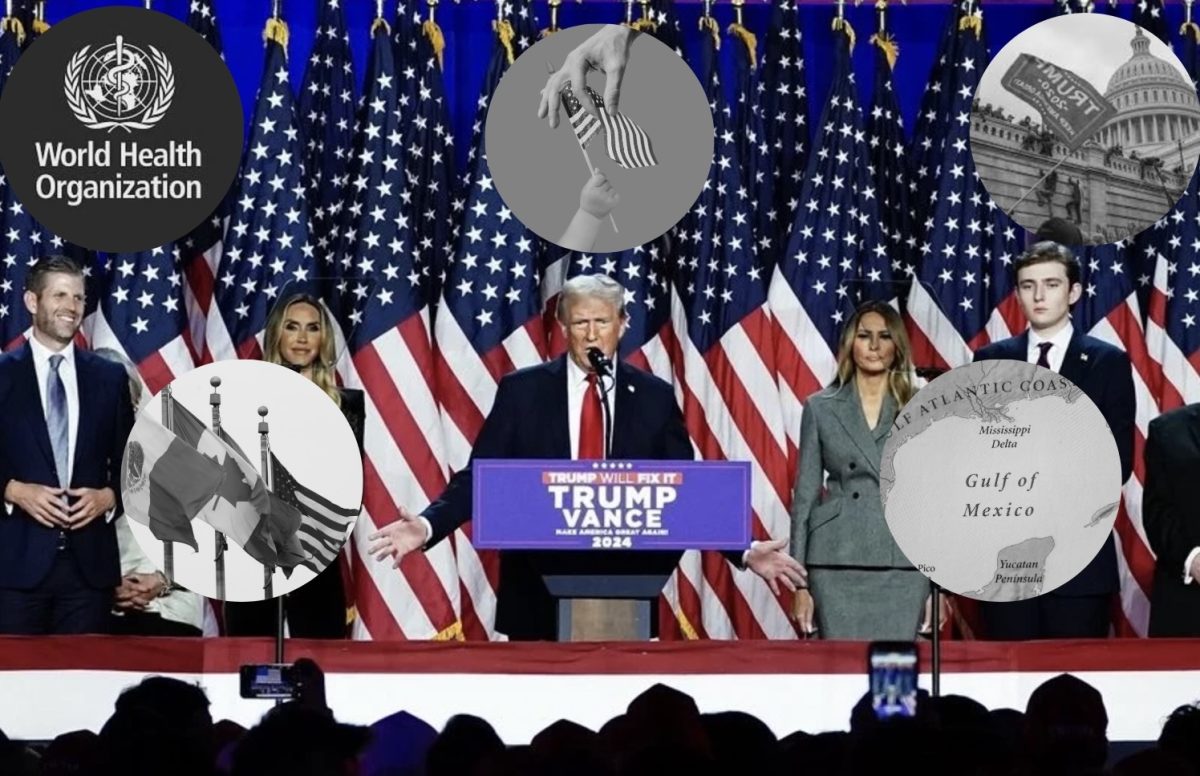WASHINGTON — The Obama administration confronted two of its most intractable foreign policy issues Monday, seeking ways to contain rising tensions with nuclear-armed North Korea and, separately, pressing Iran to halt a uranium-enrichment program suspected of being part of a secret nuclear weapons program.
Secretary of State Hillary Rodham Clinton agreed with her South Korean and Japanese counterparts at a meeting in Washington not to resume long-stalled nuclear negotiations with North Korea until its Stalinist regime ends “provocative and belligerent behavior.”
In Geneva, a top U.S. diplomat joined representatives of the European Union, Britain, France, Germany, Russia and China for their first talks with Iran in more than a year.
The Korean crisis and Iran’s defiance of United Nations demands to suspend uranium enrichment represent the most serious challenges facing President Barack Obama’s effort to curb the global spread of nuclear weapons.
The Korean standoff threatened to worsen with an announcement Monday that the International Criminal Court’s prosecutor could launch an investigation into possible war crimes by North Korea in the shelling of South Korea’s Yeonpyeong Island in November and the sinking of a South Korean warship last March.
Forty-eight South Korean military personnel and two civilians died in the two incidents, stoking tensions that deepened with confirmation last month that North Korea is enriching uranium, a process that produces fuel for reactors and weapons.
Luis Moreno-Ocampo, the prosecutor of the criminal tribunal based in The Hague, Netherlands, said his office “has opened a preliminary examination to evaluate” whether the March and November incidents “constitute war crimes under the jurisdiction of the court.”
The attacks have driven tensions on the divided peninsula to their highest level in decades. Some 28,000 U.S. troops are deployed in South Korea, which officially remains in a state of conflict with its northern half nearly 60 years after an armistice stilled the 1950-53 Korean War.
In Washington, the Pentagon announced that Adm. Mike Mullen, the chairman of the Joint Chiefs of Staff, would depart Monday evening for South Korea to reiterate U.S. military support for Seoul. He then is to visit Japan.
Clinton said that she, Japanese Foreign Minister Seiji Maehara and his South Korean counterpart, Kim Sung-hwan, agreed not to resume talks with North Korea on ending its nuclear program in exchange for aid and other benefits until it ended behavior that “jeopardizes peace and stability in Asia.”
“They need to demonstrate a seriousness of purpose in ending their provocations and let the world know they are now ready to come to the table and fulfill the commitments they have already made,” Clinton told a news conference.
Elaborating in a statement, the trio said North Korea would have to make “sincere efforts to improve relations” with South Korea and take “concrete steps to demonstrate a genuine commitment to complete, verifiable and irreversible denuclearization.”
China and Russia, along with the United States, Japan and South Korea, were part of the so-called six-party talks. North Korea, which agreed in 2007 to close its nuclear facilities, pulled out of the initiative in April 2009 in response to U.N. condemnation of a long-range missile launch.
China, the chief supplier of food and energy to the deeply impoverished nation, called for emergency talks after North Korea’s Nov. 23 shelling of Yeonpyeong Island. But it declined to issue a public condemnation and wasn’t invited to send a representative to the meeting in Washington.
Chinese President Hu Jintao spoke to Obama about the incident for the first time by telephone on Sunday night.
A Chinese Foreign Ministry statement, reported by Reuters, quoted Hu as warning Obama that “if not properly dealt with, the current tensions could well rise on the Korean peninsula or spin out of control, which would not be in anyone’s interest.”
The statement suggested that Hu had spurned what a White House statement said was a call by Obama for the Chinese leader “to send a clear message to North Korea that its provocations are unacceptable.”
In Geneva, Iran agreed to discuss international concerns that it’s enriching uranium for weapons, contrary to earlier assertions by senior Iranian officials that the program wasn’t open for discussion.
Iranian negotiator Saeed Jalili said Iran “wanted to allay the fears of the international community,” said a Western official close to the talks, an account that other officials confirmed.
The officials requested anonymity because they weren’t authorized to speak publicly.
Jalili also brought up bomb attacks last week in Tehran on two nuclear scientists, one of whom died, saying “people have made a connection between the attacks and the talks,” the Western official said.
Jalili did not, however, repeat Iranian accusations of Western involvement in the attacks.
In a negative sign, officials said that the U.S. representative, Undersecretary of State William Burns, failed to meet one-on-one with Jalili. The pair met at the last so-called “P5 plus One” session with Iran in October 2009.
The U.S., European, Chinese and Russian representatives all stressed the “lack of trust” in Iran and the “importance of transparency” in assuaging concerns that the Islamic Republic is hiding work on nuclear arms, the officials said.
The representatives also reiterated an earlier confidence-building proposal for Iran to ship its stocks of low-enriched uranium to a third country to prove that they won’t be purified into weapons-grade highly enriched uranium.
Iran, which hid its enrichment program from U.N. inspectors for 18 years, says it’s intended only to produce low-enriched uranium fuel for power plants. Tehran rejects as fakes documents acquired by the U.N. International Atomic Energy Agency showing that it was researching arming missiles with nuclear warheads.
Iran has been hit with four rounds of U.N. sanctions and unilateral measures by the United States and EU, and U.S. officials think that it agreed to revive the talks after a 14-month hiatus because of the economic pain it’s feeling.








